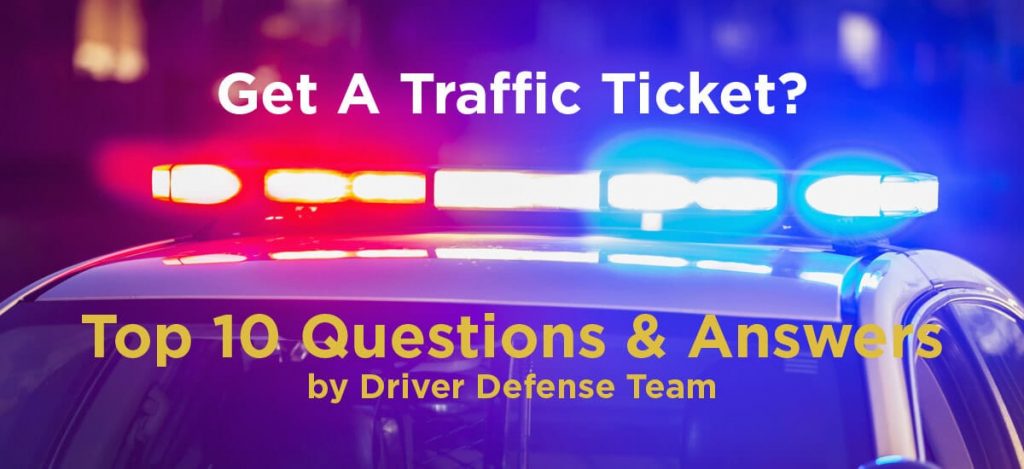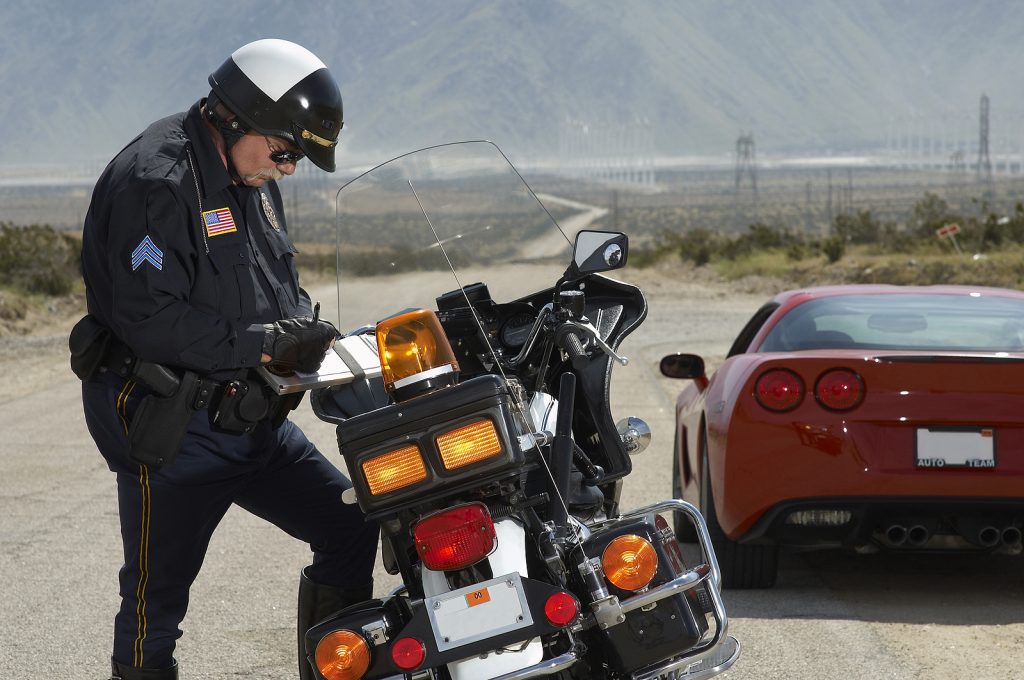Driving a Commercial Motor Vehicle (CMV) is a huge responsibility, which requires highly specialized knowledge, experience, skill and physical ability. You also need a Commercial Driver’s License (CDL). To obtain a CDL, you must pass both a skills and knowledge test and meet certain physical standards.
The U.S. Department of Transportation’s Federal Motor Carrier Safety Administration (FMCSA) regulates the minimum standards for the trucking industry, known as the Federal Motor Carrier Safety Regulations, 49 CFR Parts 300-399. While FMCSA’s regulations set forth strict minimum standards for licensing CMV operators, each state has its own requirements, which also need to be met. Each state administers its own CDL program and issues its own CDLs.
In addition to federal and state requirements, employers have certain criteria for hiring and responsibilities related to CDL drivers. Even if your criminal history or driving record does not disqualify you from holding a CDL, you may still have difficulty getting hired by trucking companies.
Starting Your CDL Process
It is important to do research before deciding to get your CDL. Because each state has its own process for obtaining a CDL, you should read a copy of your state’s CDL manual. You also need to decide which type of vehicle and the kind of driving you want to do. There are three classes of CDLs, which determine the vehicles you are permitted to drive: Class A, Class B and Class C. CDL classification is also determined by the vehicle’s gross vehicle weight rating (GVWR) and other specific requirements.
You’ll need to first get your Commercial Learner’s Permit (CLP), which you must have at least 14 days before you can take your state’s written exam and driving skills test. Some states also require successful completion of CDL training prior to testing.
You must be at least 18-years-old to obtain a CLP or CDL, which is good only for driving intrastate – entirely within a driver’s state of residence and issuance. You must be at least 21-years-old to drive interstate – between two or more states, or to transport passengers. In other words, you can receive your CDL at 18, but you will not be able to travel across state lines until 21.
The Commercial Driver’s License Information System
A person may not have a CDL from more than one state or jurisdiction, 49 CFR 383.71. To enforce this requirement, the Commercial Driver’s License Information System (CDLIS) was created as an interactive information system, allowing licensing authorities in each state to communicate with each other. CDL applicants must provide the names of all states where the applicant had previously been licensed so the licensing state can make an inquiry through CDLIS and screen for conviction(s) in any other state, which would disqualify, limit, or sanction a driver.
Depending on the nature and severity of a traffic or criminal conviction, a person holding a CDL may be disqualified and, therefore, barred from operating a CMV. FMCSA regulations define a disqualification as:
(1) the suspension, revocation, or cancellation of a CLP or CDL by the State or jurisdiction of issuance;
(2) any withdrawal of a person’s privileges to drive a CMV by a State or other jurisdiction as the result of a violation of State or local law relating to motor vehicle traffic control (other than parking, vehicle weight or vehicle defect violations); or
(3) a determination by the FMCSA that a person is not qualified to operate a commercial motor vehicle under part 391 of this subchapter.
State licensing agencies must disqualify a CDL holder for these reasons but may impose disqualifications for other reasons.
CDL Holders Held to a Higher Standard
Often, the offense causing CDL disqualification also requires disqualification of all driving privileges. CDL holders are subject to the same sanctions as non-CDL holders, however, CDL holders are ultimately held to a higher standard when operating any type of motor vehicle. Certain conduct or convictions that would have no effect upon a non-CDL holder’s license can lead to CDL sanctions or disqualification. A suspension of underlying driving privileges also affects CDL privileges, even if the underlying offense is not a CDL disqualification under federal regulations. Also, a driver’s non-CDL privileges may be reinstated, while his/her CDL remains disqualified.
Common major offenses for CDL disqualification include DUIs, leaving the scene of the accident, committing a felony while operating a CMV, and the use of a CMV for transportation of illegal substances. Depending on the details and number of offenses, CDL disqualification for major offenses generally last from one (1) year to life.
CDL Disqualifying Offenses
Other offenses, such as excessive speeding (15 mph or more over the posted speed limit), improper lane change, following too closely, or driving a CMV without first obtaining a proper CDL, are considered serious traffic offenses and may still disqualify CDL holders, but for potentially shorter periods of time.
Two convictions for serious traffic offenses within three (3) years generally result in a 60-day disqualification.
Three convictions within three (3) years generally result in a 120-day disqualification. The three-year time period is measured from each date of the citation, not the date of conviction.
There are also disqualifications for other violations, such as railroad-crossing safety regulations or out-of-service orders. For more details on the types of CDL disqualification offenses and time periods, please refer to the CDL disqualification tables from 49 CFR 385.51(b), (c), (d), and (e).
CDL drivers can also be disqualified from operating a CMV as a result of several physical impairments – 49 CFR 391.41(b). Additionally, drivers convicted of human trafficking are permanently disqualified from operating a CMV for which a CDL or CLP is required.
Discuss Your CDL Disqualifications with a DDT Attorney
To learn more about your legal options, contact one of our attorneys today. Set up a consultation by calling our Chicago office at 312-940-9330.



